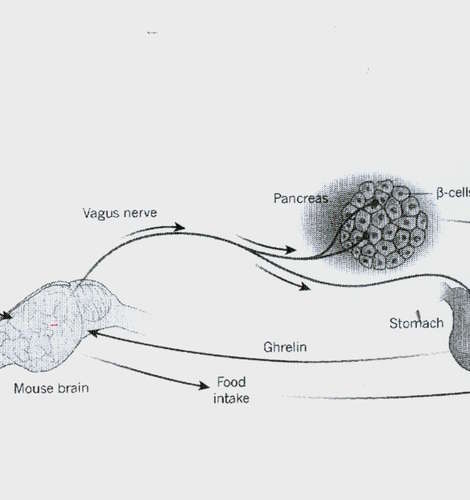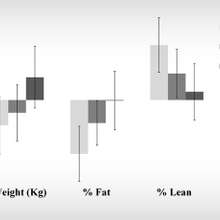We live in symbiosis with trillions of bacteria that populate our intestines. They are known as gut microbiota. These microbes influence many physiological processes in our bodies, from digestive and absorption functions, to immune maintenance, to neurological regulation.
A role for the gut microbiota in stimulating insulin secretion by signaling to the brain was recently discovered and reported in the scientific journal Nature.
The new study shows that, in rodents fed a high-fat diet, production of acetate molecules from dietary nutrients by the gut bacteria (the microbiota) increased stimulation of the parasympathetic nervous system.
Parasympathetic nervous system is the part of the central nervous system that regulates rest-and-digest processes (slowed heart rate and increased digestion). It includes the vagus nerves.
Signals from the vagus nerve of these rodents trigger secretion of the hunger hormone ghrelin from the stomach, leading to increased food intake. The vagus nerve also activates glucose-stimulated insulin secretion from the pancreas, promoting calorie and fat storage.





